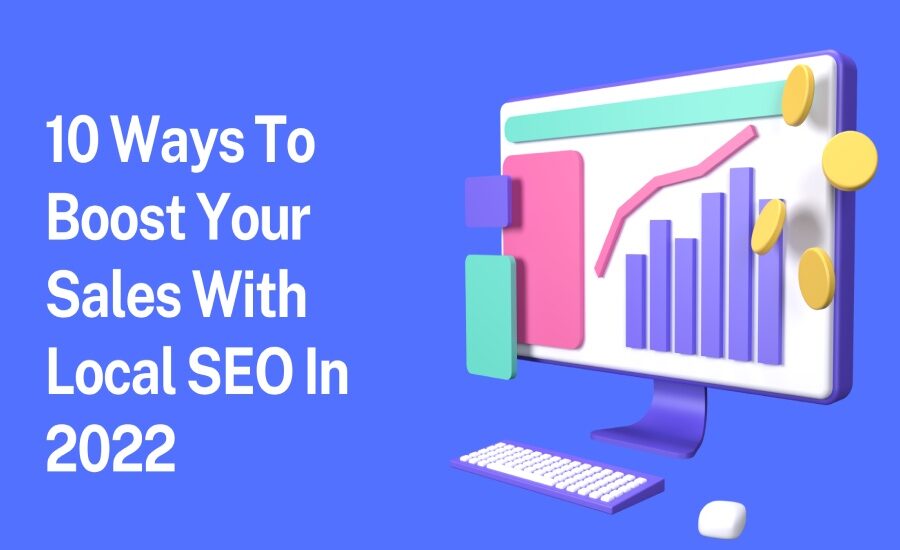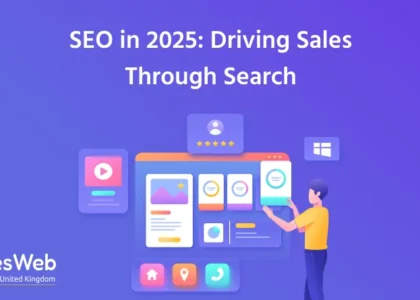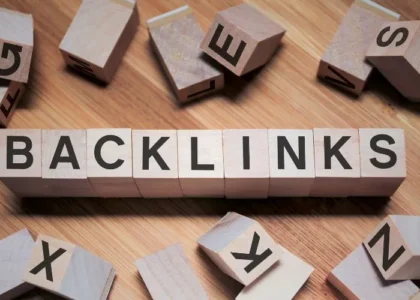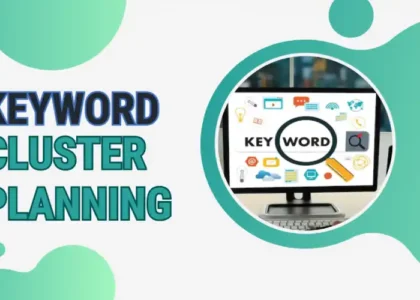As search engines continue to evolve, it's more important than ever to make sure your business is doing everything possible to rank well in local search results. In this blog post, we'll share 10 ways you can boost your local SEO in 2022 and beyond. By following these tips, you'll be able to attract more customers and grow your business. Thanks for reading!
What Is Local SEO?
Before we dive into our tips, let's take a step back and define what local SEO is. Local SEO is the process of optimizing your online content to rank higher in search results for users who are searching for businesses in their area. It's an important part of any digital marketing strategy, and it can be a challenge to get right.
How Does Local SEO Work?
Local SEO works by optimizing your online content to rank higher in search results for users who are searching for businesses in their area. It's an important part of any digital marketing strategy, and it can be a challenge to get right.
There are a number of factors that contribute to your ranking in local search results, including your business name, address, and phone number (NAP), as well as your website content, website design, and user experience.
It's important to note that local SEO is different from traditional SEO in a few key ways. First, local SEO is focused on optimizing for "long-tail" keywords that include a location, such as "plumbers in Los Angeles." Second, local SEO is more heavily reliant on citations and directory listings than traditional SEO.
10 Ways to Boost Your Local SEO
1.Optimize Your Google My Business Listing
Your Google My Business (GMB) listing is one of the most important factors in your local SEO ranking. GMB is a free listing that allows businesses to manage their online presence on Google. You can use GMB to update your business information, hours of operation, photos, and more.
To optimize your GMB listing, start by claiming your listing and verifying your business. Then, fill out all of the required fields, including your business name, address, and phone number. Be sure to use consistent NAP information across all of your online listings.
Once you've completed your GMB listing, take some time to add photos, videos, and other rich media. Google allows businesses to add up to 10 photos, so be sure to take advantage of this and add high-quality images that showcase your products or services. You can also add a virtual tour of your business, which is a great way to give potential customers a behind-the-scenes look at what you do.
2.Optimize Your Website for Local SEO
Your website is another important factor in your local SEO ranking. To optimize your website for local SEO, start by adding your NAP information to your website's footer. This will help search engines crawl your website and index your business information.
Next, add local keywords to your website's title tags and meta descriptions. Be sure to use these keywords throughout your website content as well, but don't overdo it or you'll be penalized for keyword stuffing.
It's also important to make sure your website is mobile-friendly. More and more people are using their mobile devices to search for businesses, so it's crucial that your website is designed for smaller screens. You can use Google's Mobile-Friendly Test tool to see how your website stacks up.
3.Build Local Citations
Citations are online mentions of your business name, address, and phone number. They play an important role in local SEO, as they help search engines verify your business information and improve your ranking in local search results.
To build citations, start by claiming your business listings on popular directories, such as Yelp, Foursquare, and Angie's List. Then, fill out your business information and be sure to use consistent NAP information across all of your listings.
You can also build citations by submitting your business to local directories and Chamber of Commerce websites. To find relevant directories, simply search for "local directories" or "Chamber of Commerce" plus your location.
4.Optimize Your Content for Local Keywords
As we mentioned earlier, local SEO is focused on optimizing for long-tail keywords that include a location. To find the right keywords for your business, start by brainstorming a list of potential keywords, such as "plumbers in Los Angeles." Then, use a keyword research tool, such as Google's Keyword Planner, to find the monthly search volume for each keyword.
Once you've found a few local keywords that have a decent amount of search volume, start incorporating them into your website content. Be sure to use these keywords throughout your website, including in your title tags, meta descriptions, header tags, and body copy. But again, don't overdo it or you'll be penalized for keyword stuffing.
5.Generate Reviews
Online reviews are important for local SEO, as they help improve your ranking in search results and give potential customers an idea of what to expect from your business.
To generate reviews, start by claiming your business listings on popular review sites, such as Yelp, Google My Business, and TripAdvisor. Then, encourage your customers to leave reviews by sending them follow-up emails after they've made a purchase or used your service. You can also include links to your review profiles on your website and in your email signature.
6.Get Listed in Local Directories
Local directories are online directories that list businesses in a specific geographic area. Getting your business listed in these directories can help improve your local SEO ranking, as they provide high-quality backlinks to your website.
To get started, claimed your business listings on popular local directories, such as Yelp, Foursquare, and Angie's List. Then, fill out your business information and be sure to use consistent NAP information across all of your listings.
You can also submit your business to local directories and Chamber of Commerce websites. To find relevant directories, simply search for "local directories" or "Chamber of Commerce" plus your location.
7.Build High-Quality Backlinks
Backlinks are links from other websites to your website. They play an important role in SEO, as they help improve your website's authority and ranking in search results.
To build backlinks, start by creating high-quality content that other website owners will want to link to. Then, reach out to other websites in your industry and ask them to link to your content. You can also submit your website to local and industry-specific directories.
8.Optimize Your Website for Speed
Website speed is a ranking factor for both desktop and mobile search results. So if your website is slow, you're likely losing out on potential customers.
To improve your website's speed, start by compressing your images. You can also use a caching plugin to speed up your website's loading time. If you're not sure how to do this, you can contact your web hosting company and ask them to help you optimize your website for speed.
9.Monitor Your Progress
Once you've implemented all of the above local SEO tips, it's important to monitor your progress to see if your efforts are paying off.
To do this, start by monitoring your website's traffic with Google Analytics. Then, track the number of leads and customers you're getting from your website. Finally, check your search engine ranking to see if your website is moving up in the search results.
If you're not seeing the results you want, don't worry. Just keep tweaking your strategy and expanding your efforts until you start seeing the traffic and conversions you're looking for.
10.Hire an SEO Expert
If you're not seeing the results you want from your local SEO efforts, it might be time to hire an expert. An SEO expert can help you create a custom strategy that's tailored to your specific needs and goals.
When hiring an SEO expert, be sure to ask for samples of their previous work and results they've been able to achieve for other clients. You should also ask for references from past clients.
Conclusion
Local SEO is important for any business that wants to be visible in search results for their location. By following the above local SEO tips, you can improve your ranking in search results and get more traffic to your website. Just be sure to monitor your progress and adjust your strategy as needed to ensure continued success. And if you need help, don't hesitate to hire an expert.





